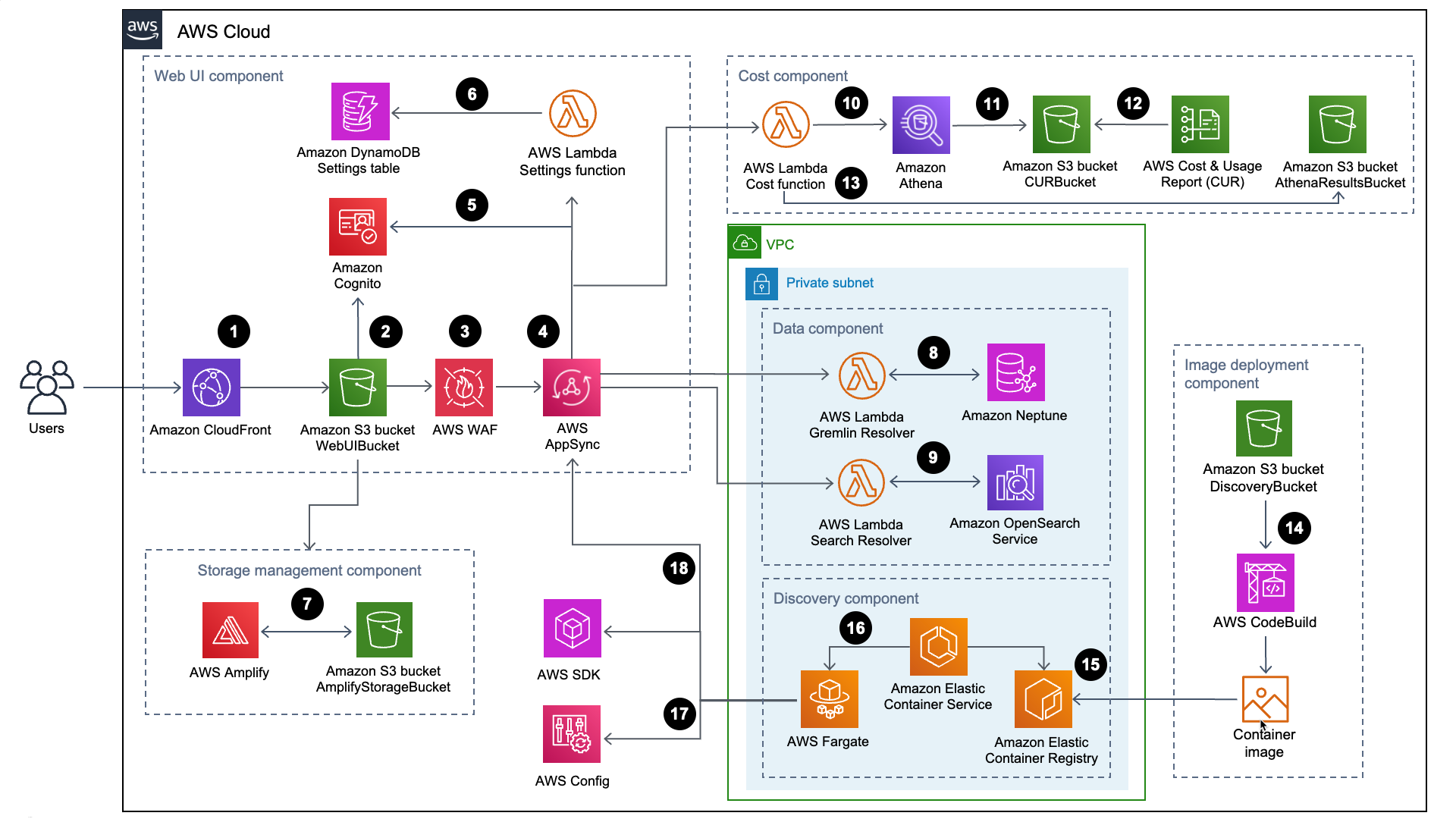Introduction
Amazon Web Services (AWS) is the world’s leading cloud computing platform, offering a wide range of services that allow businesses to scale and innovate with ease. From startups to large enterprises, AWS provides the building blocks to develop, deploy, and manage application in the cloud. In this blog, we’ll take a high-level overview of the key services AWS offers, providing insight into how they can be to transform your business operations.
Compute Services
AWS offers a variety of compute services designed to meet different application needs:
- Amazon EC2 (Elastic Compute Cloud): The core compute service that allows you to run virtual servers in the cloud. EC2 instances are scalable and come with various configurations to match your workload requirements.
- AWS Lambda: A serverless compute service that lets you run code without provisioning or managing servers. Lambda is ideal for running microservices, automating tasks and building scalable APIs.
- Amazon ECS (Elastic Container Service) and Amazon EKS (Elastic Kubernetes Service): Managed services for running containerized applications using Docker and Kubernetes, respectively.
Storage Services
AWS provides a range of storage solutions to meet your data storage and management needs:
- Amazon S3 (Simple Store Service): A scalable object service that is ideal for storing and retrieving any amount of data. S3 is widely used for backup, archival. and content distribution.
- Amazon EBS (Elastic Block Store): Provides block storage volumes for use with EC2 instances. EBS volumes are highly available and can be easily scaled up or down.
- Amazon Glacier: A low-cost storage service designed for data archiving and long-term backup. Glacier offers secure and durable storage with retrieval times ranging from minutes to hours.
Database services
AWS offers a variety of database services to cater to different data management needs:
- Amazon RDS (Relational Database Service): A managed service for relational databases like MYSQL, PostgreSQL, Oracle, and SQL Server. RDS simplifies database administration tasks such as backups, patching, and scaling.
- Amazon DynamoDB: A fast and flexible NoSQL database service for any scale DynamoDB is fully managed and designed to handle high-performance workloads.
- Amazon Aurora: A MySQL and PostgreSQL-compatible relational database engine that combines the performance and availability of high-end commercial databases with the simplicity and cost-effectiveness of open-source databases/
Networking and Content Delivery
AWS networking enable secure, high-performance, and reliable connections:
- Amazon VPC (Virtual Private Cloud): Allows you to provision logically isolated sections of the AWS cloud where you can launch AWS resources in virtual network that you define.
- Amazon CloudFront: A content delivery network (CDN) service that securely delivers data, videos, applications, and APIs to customers globally with low latency and high transfer speeds.
- AWS Direct Connect: Provides a dedicated network connection from your premises to AWS, which can can increase bandwidth throughput and reduce network costs.
Security, Identity, and Compliance
AWS offers a robust set of tools and features to help you secure your applications and data:
- AWS IAM (Identity and Access Management): Enables you to manage access to AWS services and resources securely. With IAM, you can create and manage users, groups, and permissions.
- AWS KMS (Key Management Service): A managed service that makes it easy to create and control encryption keys users to encrypt your data.
- AWS Shield: A managed DDoS protection service that safeguards applications running on AWS from DDoS attacks.
Analytics and Machine Learning
AWS provides powerful analytics and machine learning services that help you gain insights from your data:
- Amazon Redshift: A fast, scalable data warehouse service that make it simple to analyze your data using standard SQL and your existing Business Intelligence (BI) tools.
- Amazon EMR (Elastic MapReduce): A service for processing large amounts of data using Hadoop framework. EMR simplifies running big data frameworks like Apache Spark and HBase.
- Amazon SageMaker: A fully managed service that provides every developer and data scientist with the ability to build, train, and deploy machine learning models quickly.
Developer Tools
AWS provides tools for managing your resources, monitoring performance, and maintaining governance:
- AWS CloudFormation: A service that helps you model and set up your AWS resources so that you can spend less time managing those resources and more time focusing on your applications.
- AWS CloudWatch: A monitoring and management service that provides data and actionable insights for AWS, and on-premises applications and infrastructure resources.
- AWS Config: A service that enables your to assess, audit, and evaluate the configurations of your AWS resources
Conclusion
Amazon Web Services offers an extensive range of cloud services that cater to nearly every conceivable need in modern computing. Whether you are building a simple web application or running complex enterprise-grade solutions, AWS provides the tools and infrastructure to make it possible. As businesses continue to move to the cloud, understanding these services and how they can be leveraged will be critical in driving innovation and achieving competitive advantage.

